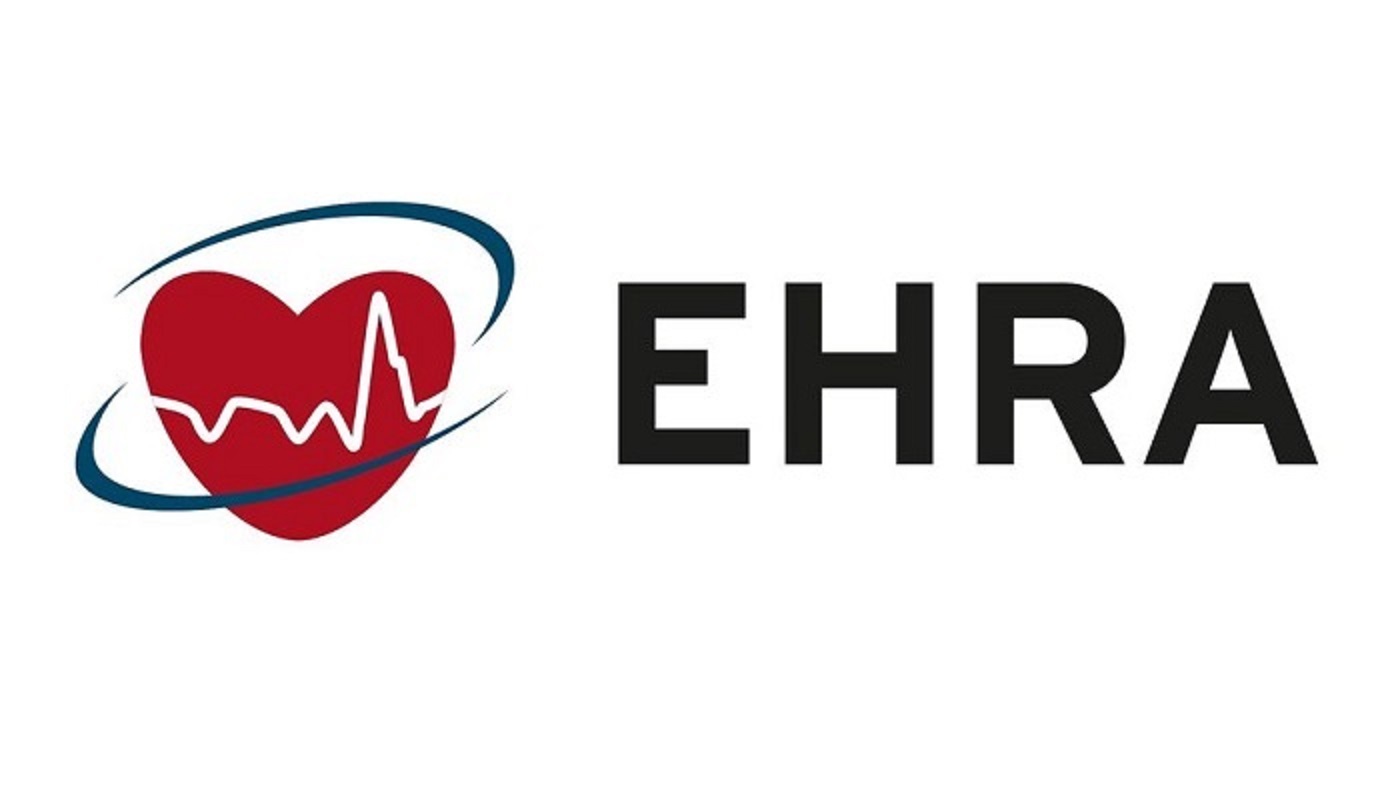
Explore the collaborative efforts of industry leaders in overcoming regulatory challenges in health IT development. Through the HIMSS Electronic Health Records Association (EHRA), stakeholders address the complexities of overlapping federal requirements, advocating for streamlined compliance processes. Challenges such as decision support certification deadlines prompt EHRA to request enforcement discretion and promote a flex-year approach to deployment. By aligning state regulations and fostering industry-state partnerships, EHRA aims to empower developers and ensure innovative, compliant solutions for the healthcare sector.
In the dynamic landscape of healthcare technology, compliance with regulatory requirements stands as a pivotal challenge for developers and stakeholders alike. The HIMSS Electronic Health Records Association (EHRA) serves as a beacon of collaboration, advocating for cohesive strategies to navigate the intricate web of federal mandates. Led by industry leaders like Leigh Burchell and Josh Mast, EHRA addresses pressing concerns such as decision support certification and data segmentation. Through coordinated efforts with regulatory bodies and state governments, EHRA endeavors to foster innovation while ensuring compliance, ultimately empowering the health IT ecosystem.
Challenges Faced by Health IT Developers
Leaders from the HIMSS Electronic Health Record Association (EHRA) discuss the difficulties posed by overlapping federal regulations, emphasizing the need for coordination and flexibility in compliance efforts.
Understanding the Significance
Complying with various regulations in health IT development presents significant challenges due to regulatory misalignment. Leigh Burchell, Vice Chair of EHRA’s information-blocking compliance task force, highlights the complexities faced by both developers and clients in meeting regulatory deadlines.
Last year, EHRA appealed to the Office of the National Coordinator for Health IT (ONC) and the Centers for Medicare and Medicaid Services (CMS) to streamline regulatory requirements. Burchell stresses the disparity between deadlines set by regulatory bodies, creating pressure on developers and users alike.
Addressing Regulatory Misalignment
EHRA advocates for a “flex-year approach” to mitigate the strain of annual deployments mandated by regulations such as Health Data, Technology, and Interoperability: Certification Program Updates (HTI-1). This approach offers flexibility in software deployment timelines, aligning with the needs of developers and clients.
The Challenge of Decision Support Intervention Certification
The certification requirement for decision support intervention (DSI) under HTI-1 poses significant challenges. Burchell highlights the extensive preparatory work needed, including conducting safety-enhanced design testing with healthcare providers. EHRA urges ONC to consider an enforcement discretion period of six to twelve months to ease the burden on developers.
Collaborative Efforts with States
EHRA collaborates with states to establish realistic frameworks for data segmentation, balancing privacy concerns with regulatory requirements. Josh Mast, Chair of EHRA’s public policy leadership workgroup, emphasizes the importance of aligning state regulations to minimize compliance complexities for developers.
Regulatory Hurdles and Industry Response
Increasing Activity Post-Supreme Court Decision
EHRA observes a surge in regulatory activity following the Supreme Court’s Dobbs decision. The organization provides education at the state level on IT development processes to address evolving regulatory landscapes, particularly regarding abortion care restrictions.
Streamlining Compliance Efforts
Mast highlights the need for aligning state regulations to create a cohesive strategy, minimizing the burden of complying with diverse requirements across different jurisdictions. EHRA aims to streamline compliance efforts by leveraging federal initiatives and industry collaboration.
The Road Ahead: Clearing Regulatory Hurdles
Addressing Concerns on Decision Support Certification
Micky Tripathi, ONC National Coordinator for Health Information Technology, addresses concerns raised by EHR vendors regarding the challenges of meeting regulatory requirements such as DSI and electronic case reporting. Despite concerns, Tripathi asserts the feasibility of delivering transparency functionality within the allotted time frame.
EHRA’s Perspective
Burchell acknowledges the substantive nature of the DSI program imposed by regulatory bodies. Despite efforts to streamline requirements, EHRA emphasizes the need for practical solutions to facilitate compliance without compromising patient care or innovation.
As the healthcare industry marches forward into an era defined by technological innovation, collaboration remains paramount in surmounting regulatory hurdles. The EHRA’s proactive stance and advocacy for flexible compliance mechanisms underscore its commitment to driving positive change. By forging partnerships with regulatory agencies and state governments, EHRA paves the way for streamlined processes and innovative solutions. As stakeholders unite in a shared vision of progress, the future of health IT shines bright with promise, poised to revolutionize patient care and enhance healthcare outcomes.




